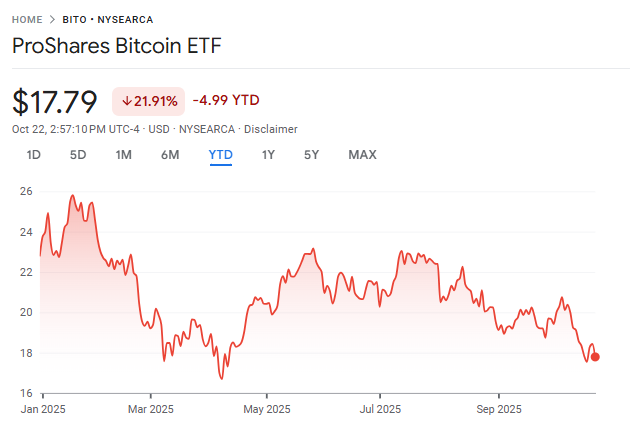-
The Federal Aviation Administration recently approved Boeing to raise its 737 MAX production rate from 38 to 42 aircraft per month, reflecting renewed regulatory confidence after previous manufacturing and safety issues.
-
This boost in production capacity, paired with operational improvements and leadership changes, signals that Boeing is making progress toward resolving prior challenges and focusing on growth in both revenue and margin recovery.
-
We’ll explore how the FAA’s decision to lift production limits reshapes Boeing’s investment outlook and competitive position.
The best AI stocks today may lie beyond giants like Nvidia and Microsoft. Find the next big opportunity with these 24 smaller AI-focused companies with strong growth potential through early-stage innovation in machine learning, automation, and data intelligence that could fund your retirement.
To own Boeing stock, investors need confidence in the company’s ability to restore commercial airplane profitability, manage high debt, and ramp up 737 MAX and 787 production as global travel demand rebounds. The FAA’s approval to increase 737 MAX monthly output is a pivotal short-term catalyst, creating room for stronger revenue recovery, but the biggest risk remains unresolved certification delays and persistent negative margins in the commercial division; while the news is positive, the margin risk is still significant.
Among Boeing’s recent announcements, the Norwegian Group’s additional order for 30 Boeing 737-8 jets directly connects to the production increase. This demand supports the case for higher unit volumes and revenue growth, provided Boeing can convert new orders into profitable deliveries and sustain operating improvements, which are crucial to improving its financial flexibility and restoring confidence.
But despite progress in production, investors also need to be mindful of ongoing certification challenges with the 737-7 and 737-10, as…
Read the full narrative on Boeing (it’s free!)
Boeing’s outlook anticipates $114.4 billion in revenue and $7.1 billion in earnings by 2028. This is based on analysts forecasting 14.9% annual revenue growth and a $18.0 billion improvement in earnings from the current $-10.9 billion loss.
Uncover how Boeing’s forecasts yield a $252.57 fair value, a 16% upside to its current price.
Seventeen separate Simply Wall St Community fair value estimates for Boeing range from US$206.79 to US$326.80 per share. Many see upside, yet certification and margin risks continue to weigh on expectations for a sustained turnaround.
Explore 17 other fair value estimates on Boeing – why the stock might be worth as much as 50% more than the current price!
Disagree with existing narratives? Create your own in under 3 minutes – extraordinary investment returns rarely come from following the herd.
Our top stock finds are flying under the radar-for now. Get in early:
This article by Simply Wall St is general in nature. We provide commentary based on historical data and analyst forecasts only using an unbiased methodology and our articles are not intended to be financial advice. It does not constitute a recommendation to buy or sell any stock, and does not take account of your objectives, or your financial situation. We aim to bring you long-term focused analysis driven by fundamental data. Note that our analysis may not factor in the latest price-sensitive company announcements or qualitative material. Simply Wall St has no position in any stocks mentioned.
Companies discussed in this article include BA.
Have feedback on this article? Concerned about the content? Get in touch with us directly. Alternatively, email editorial-team@simplywallst.com








